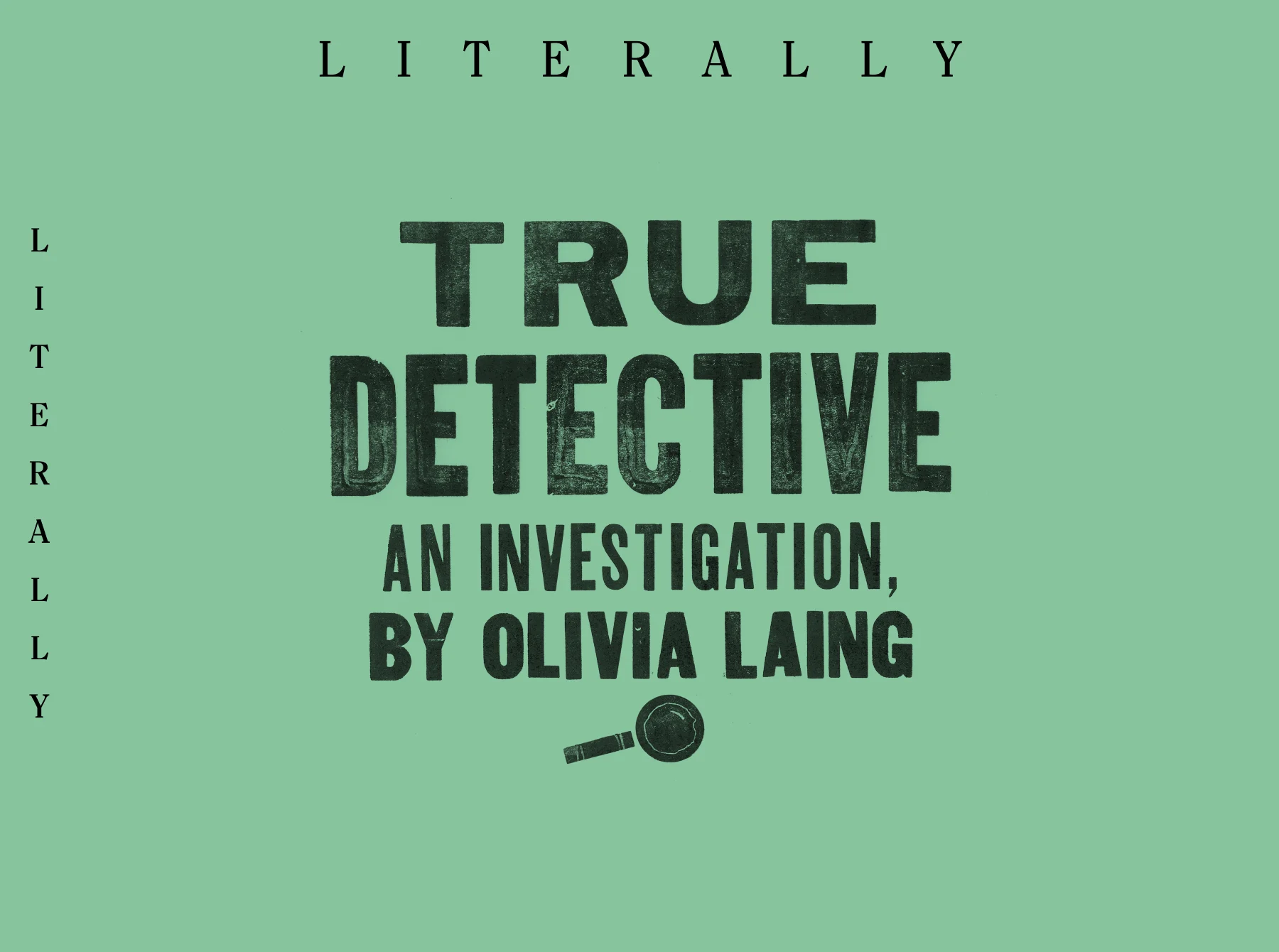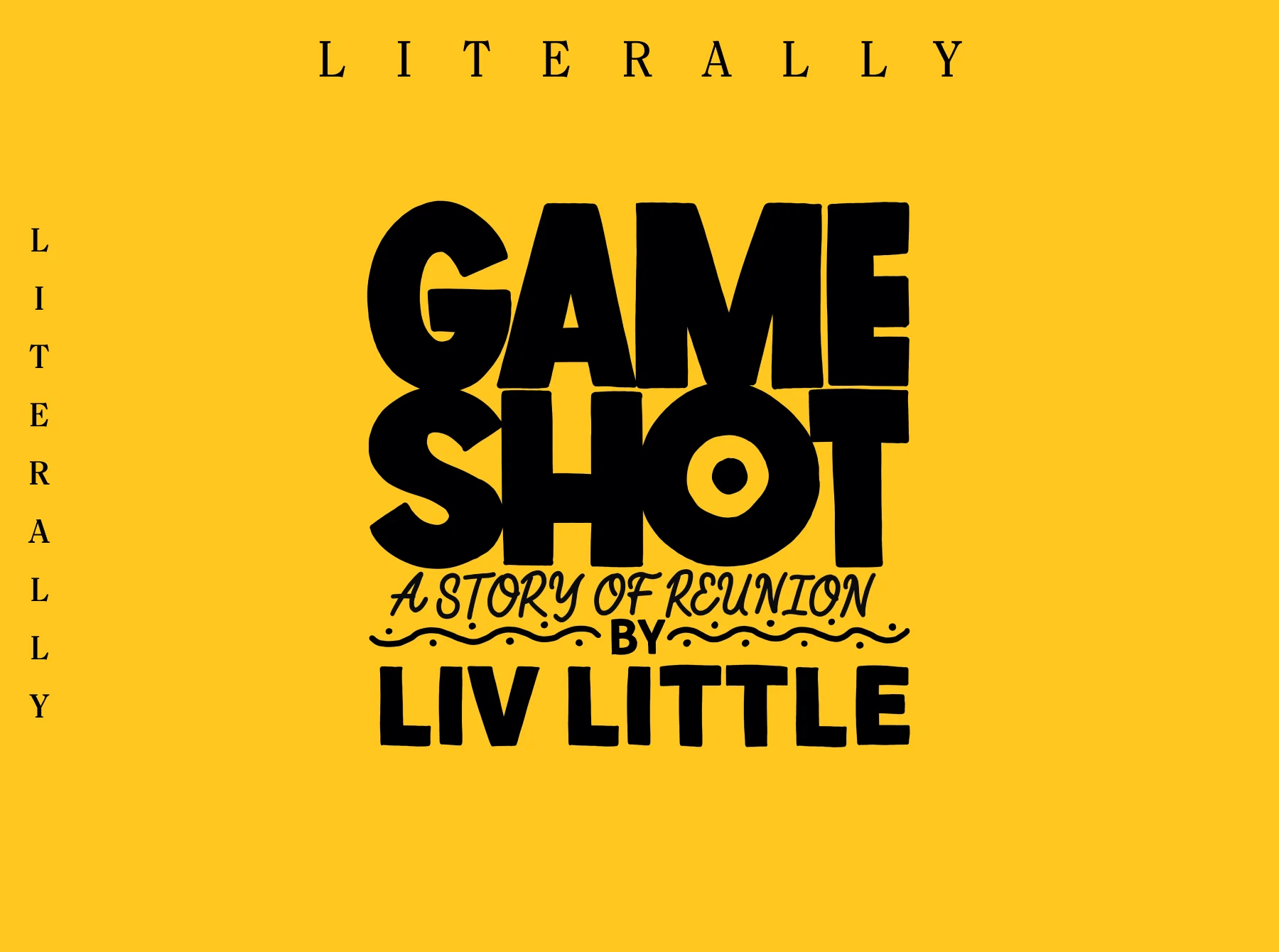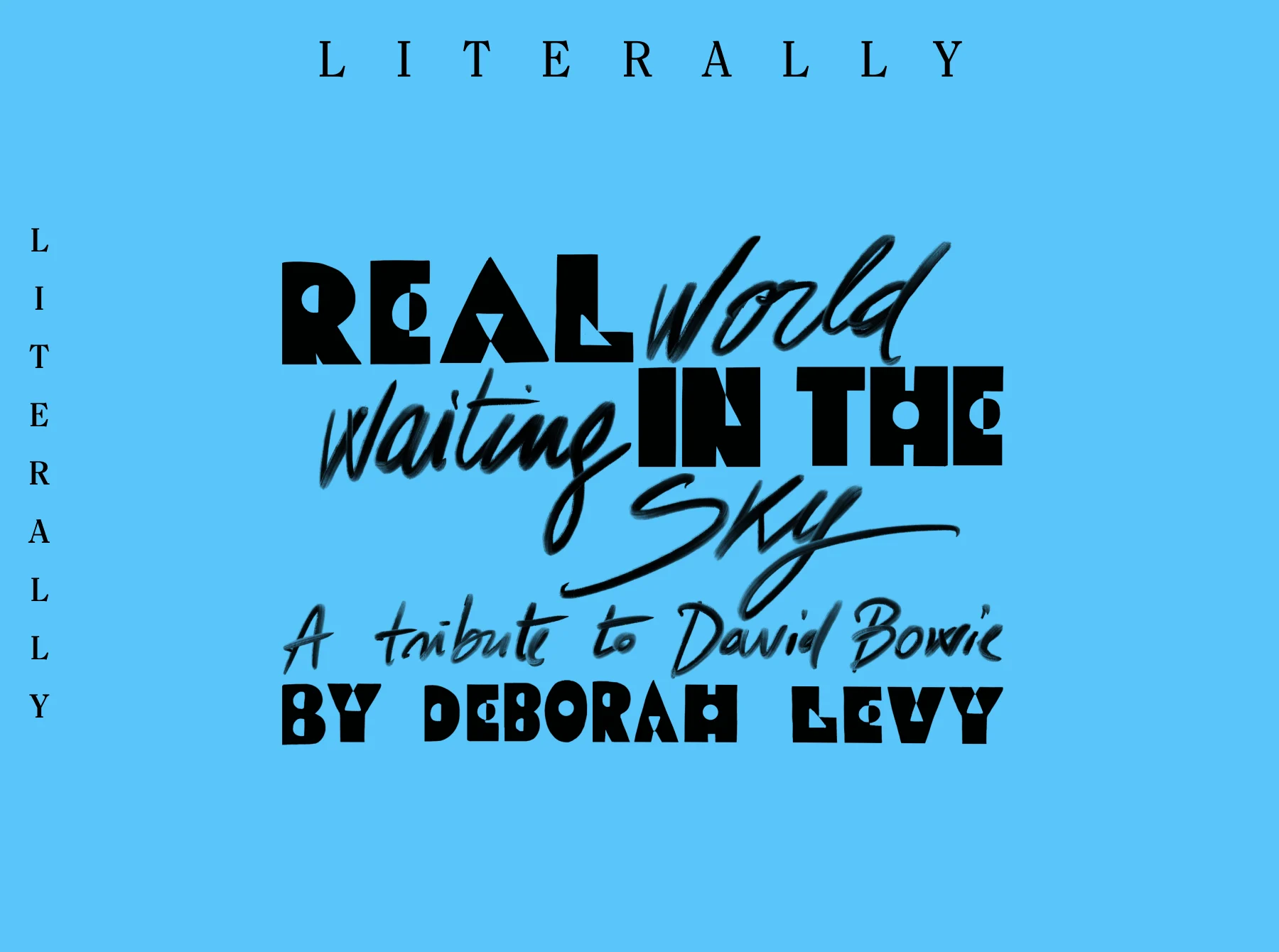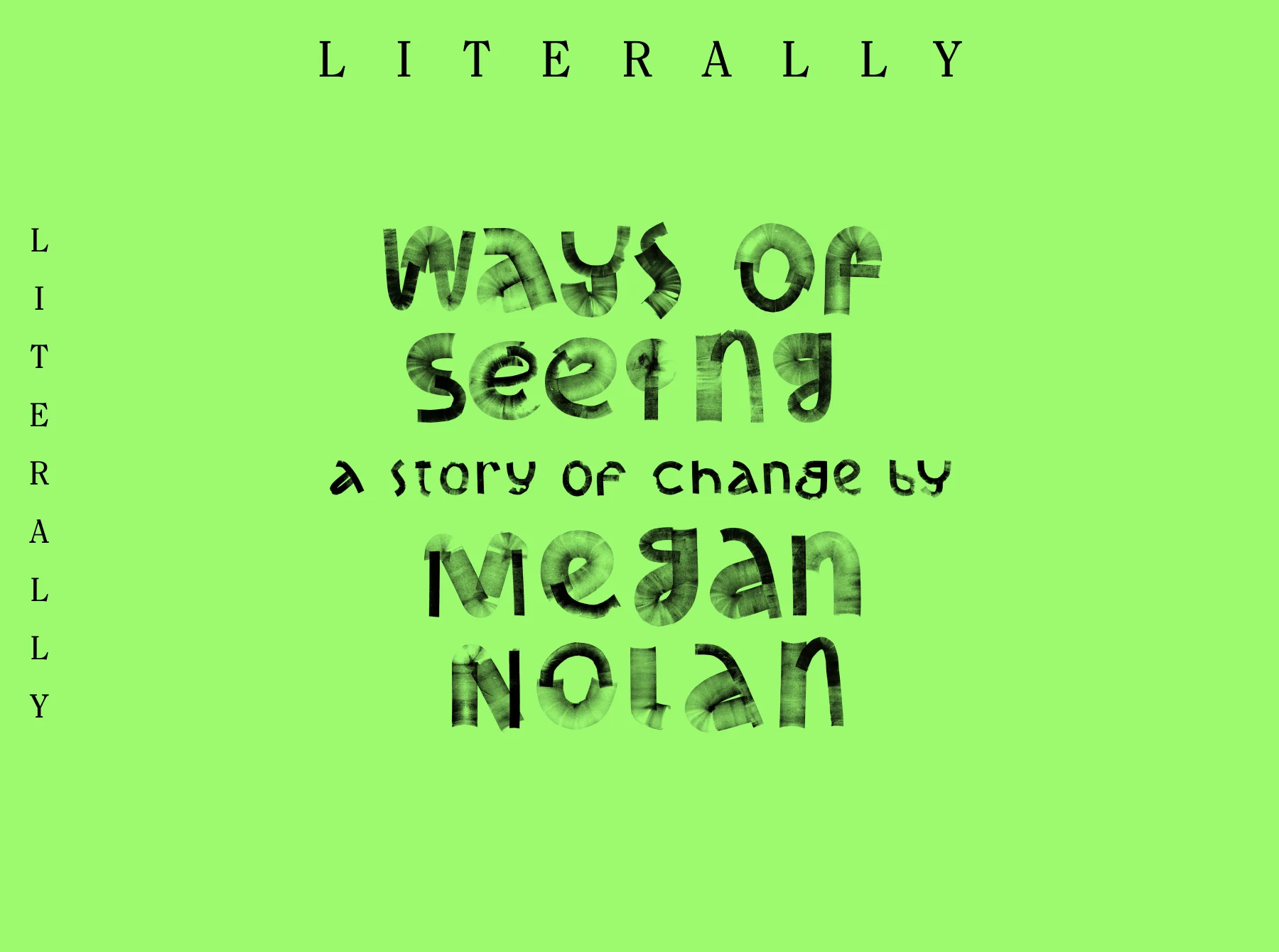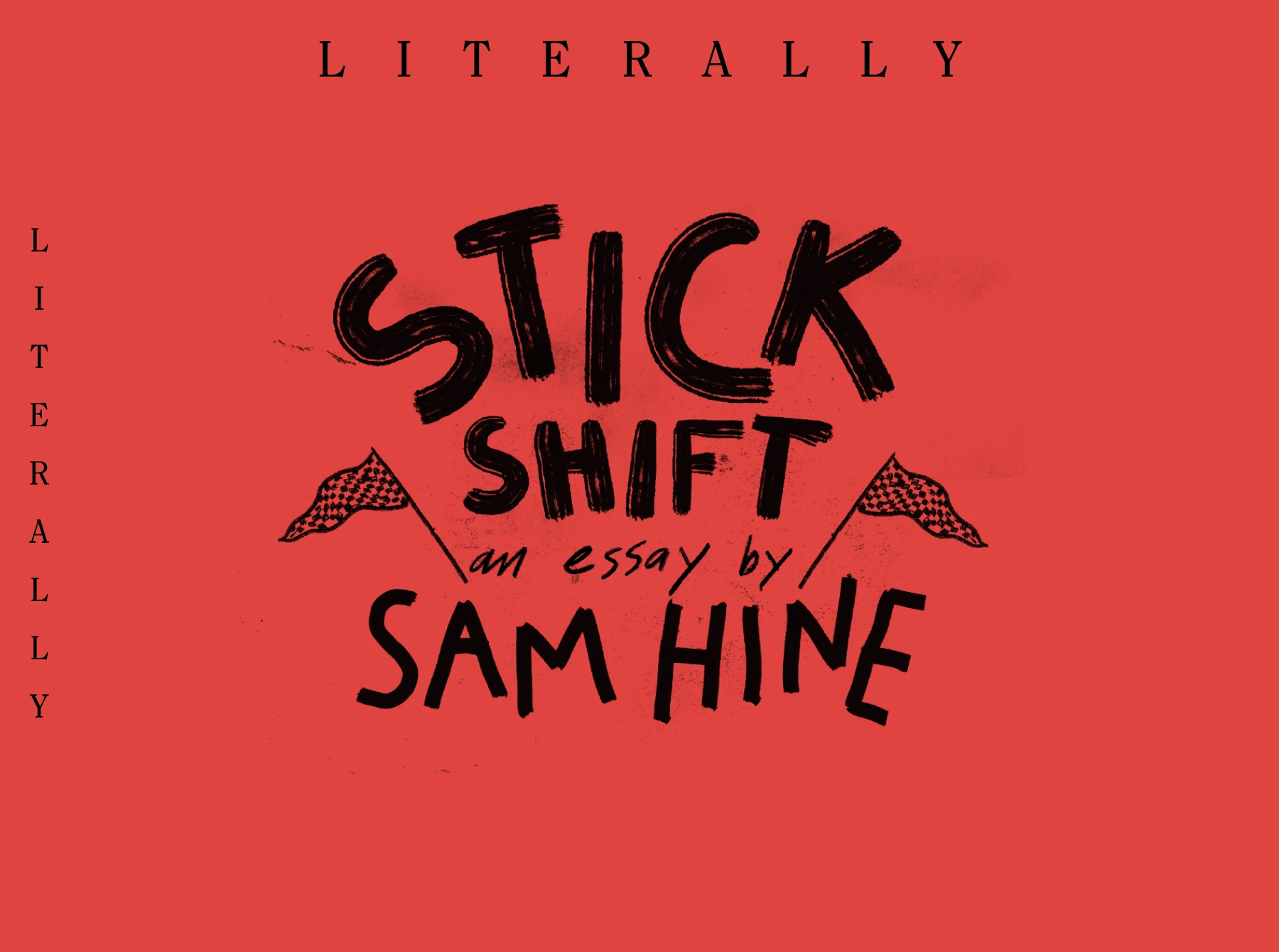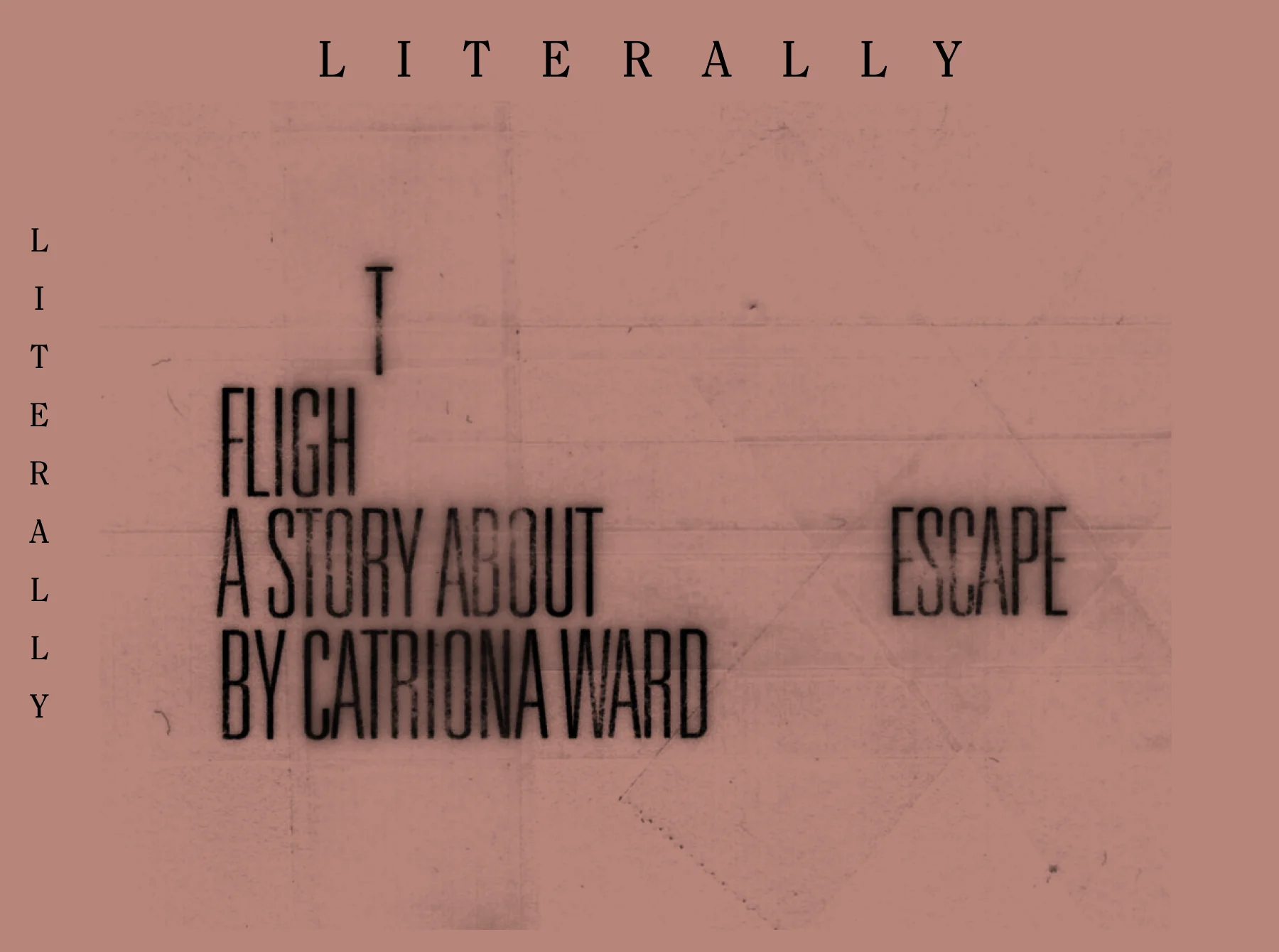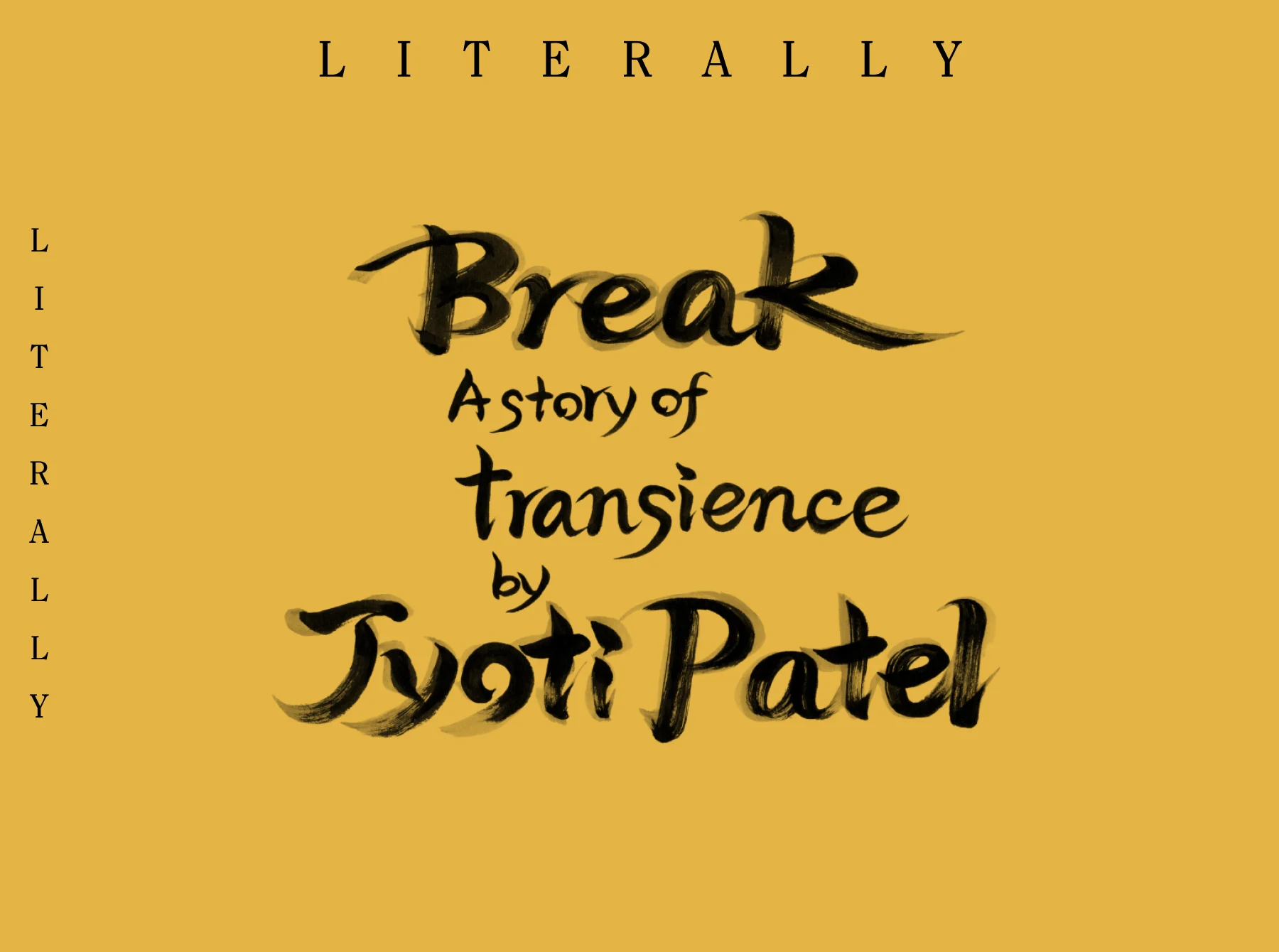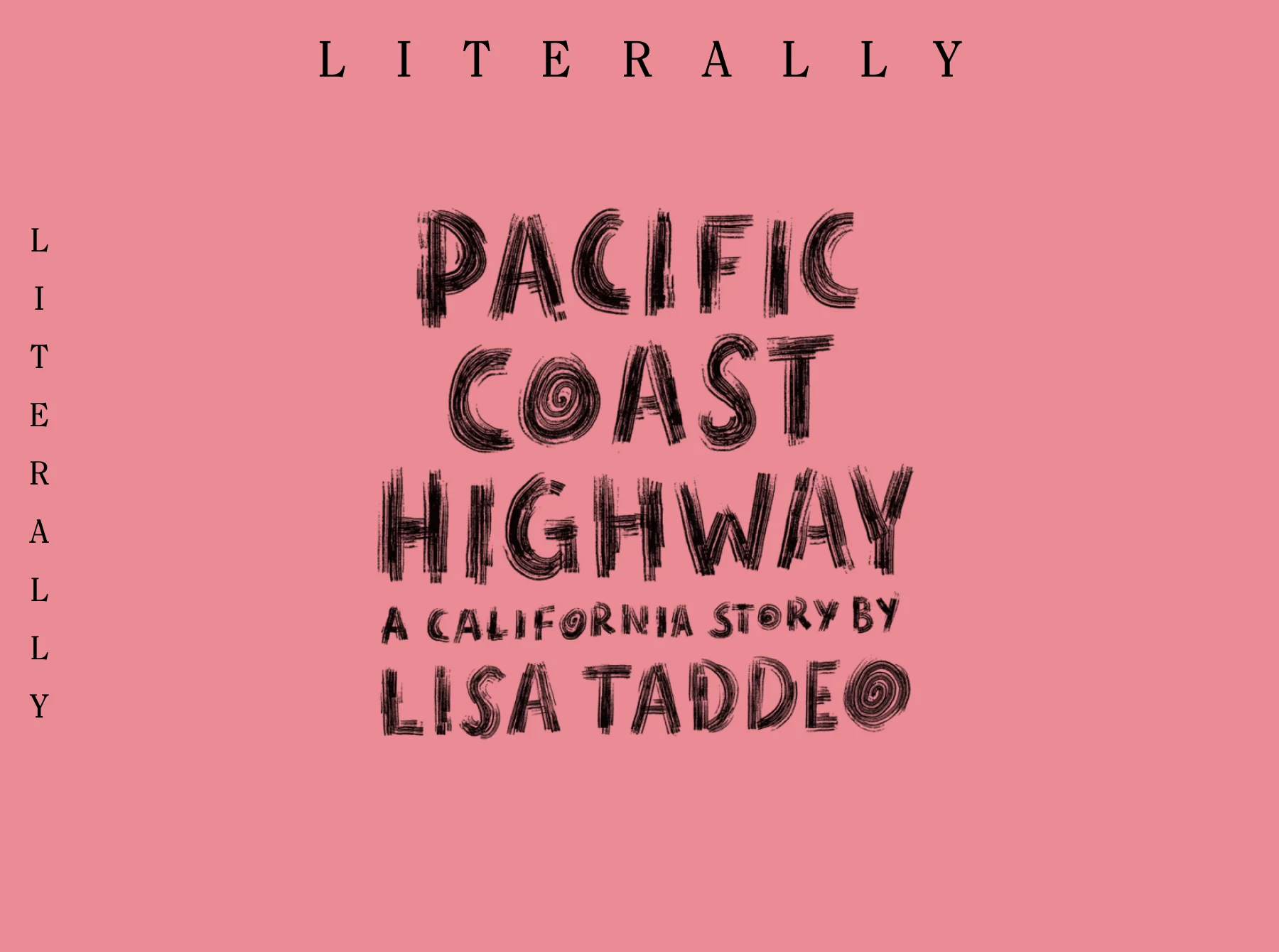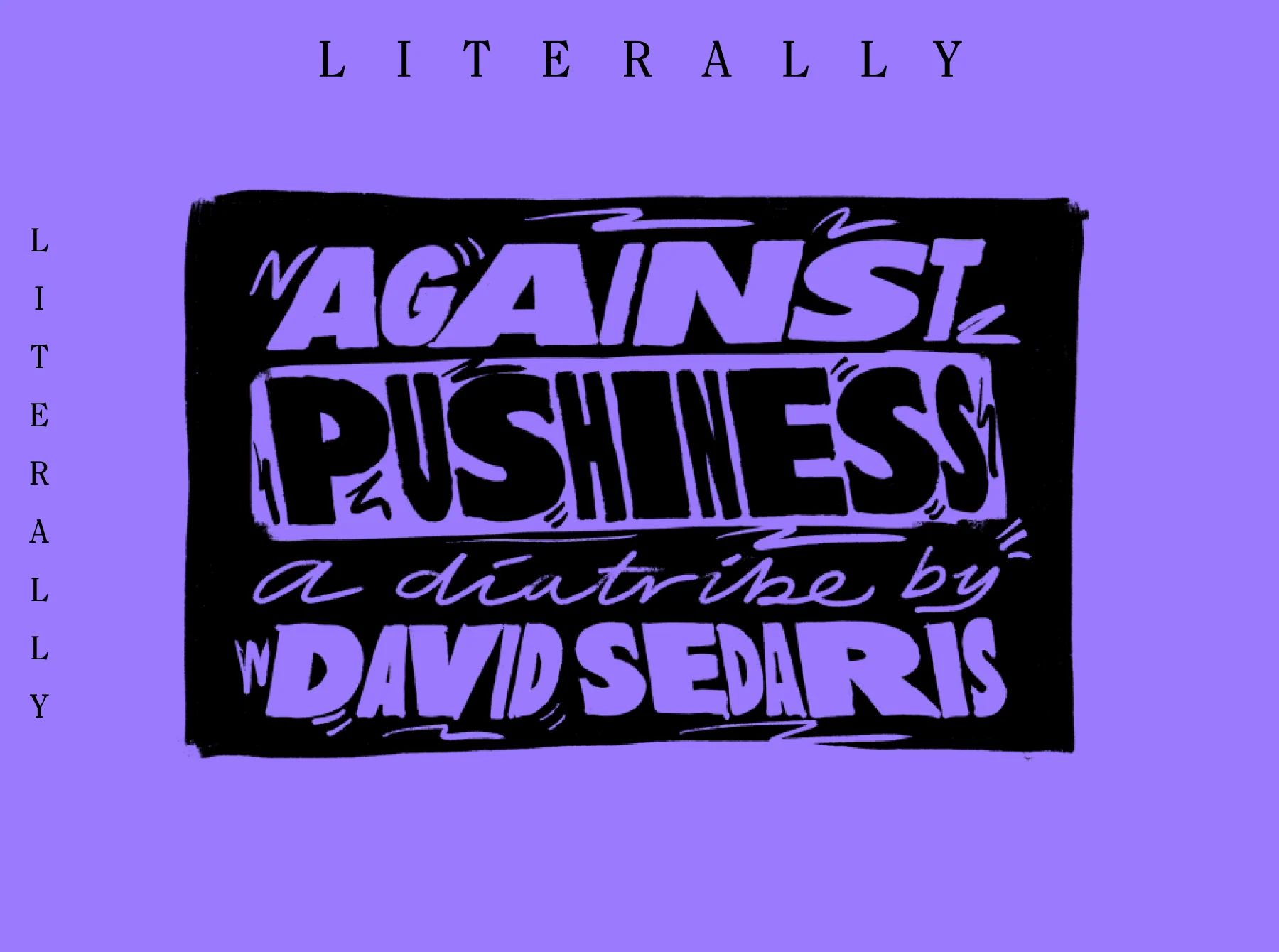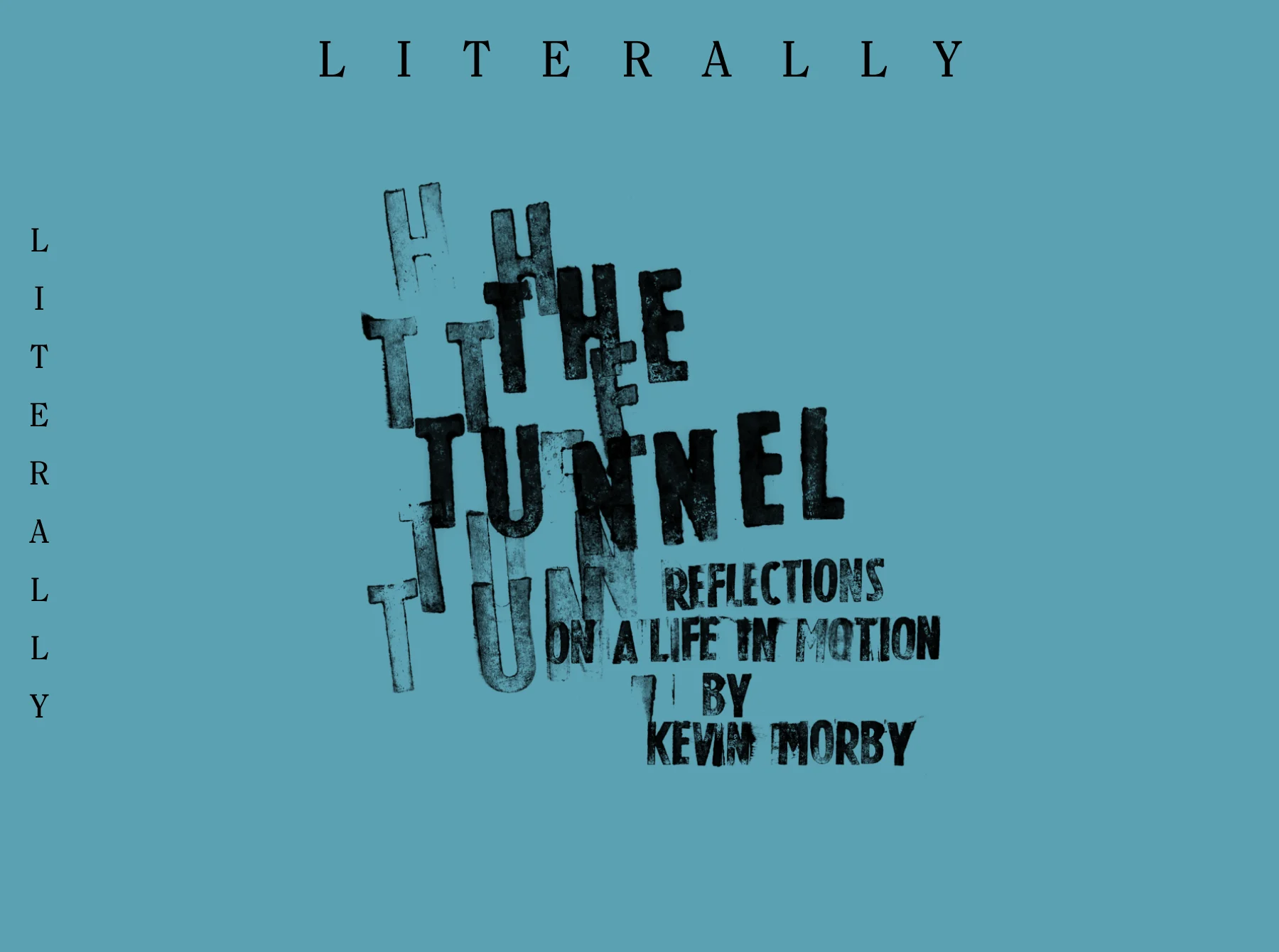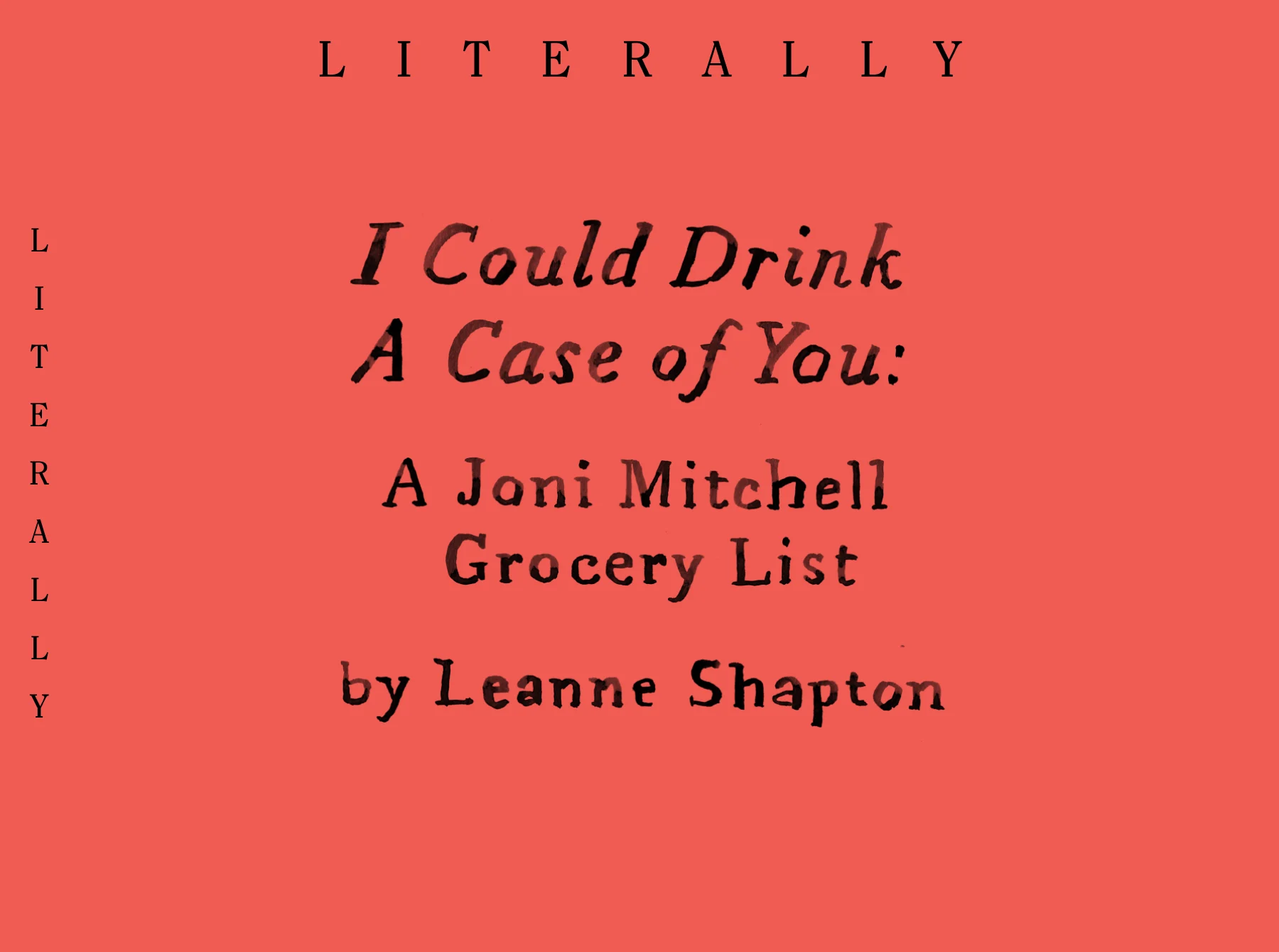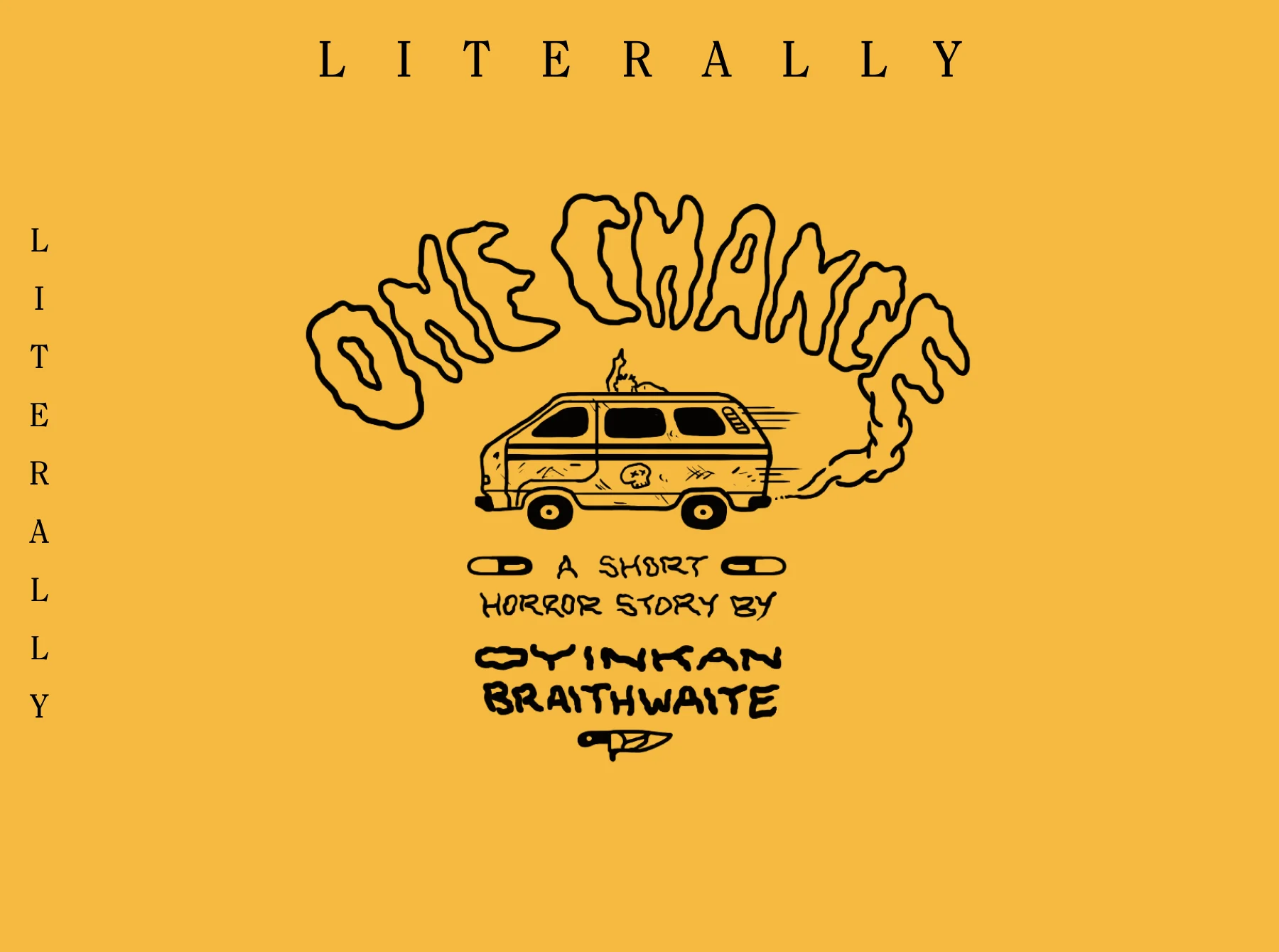

“I have a job where you just need to go and take a look around.” Such were the words of Mrs Masakado, the recruiter at the employment agency who always found work for me.
I had exactly one week between the final day of my previous job and the start of my next. Ideally, I would have spent the entire time resting, thinking about nothing whatsoever, but into my second day of idling, I began to grow anxious. Come the evening, I found myself drafting an email to Mrs Masakado.

“I don’t suppose you happen to have any single-day jobs?” I asked. “It would have to be either the day after tomorrow or the day after that,” I continued. “I’m happy to do anything of a reasonable nature which pays sensibly.”
I specifically stipulated those two days because I wanted to ensure I had a minimum of two full days off afterwards, before starting work again. If I worked a one-day job on the day after tomorrow, the fourth day of my holiday, I would have three subsequent days remaining; if I got a job instead on the following day, my fifth day of holiday, then I’d be left with two days off afterwards. My logic was that I knew that the seventh and final day of my holiday would be so consumed by the knowledge I’d be starting at a new workplace the following day that it barely counted as a lived day, so I needed to have one day of whole-hearted resting before that.

Half an hour after sending off the email, a reply came informing me that Mrs Masakado did have a job that fit my requirements. It was half past 10 in the evening. “Can you talk now?” the email said, so I used a video conferencing app to call her.
I assumed that at that time of night she must have been at home, but the Mrs Masakado who appeared on the screen before me looked much as she did during the day, when working at the employment agency. She emphasized again what she’d written in her email: that the job consisted in “just going and taking a look around.” From some time after lunch until the early evening, I was required to nose around a particular neighborhood. It apparently didn’t matter if “after lunch” was 1pm or 3pm. By the sounds of things, it was all quite relaxed.
The request had come from a person who was currently apartment-hunting, I was informed by Mrs Masakado, who immediately sent over material about the building whose vicinity I was supposed to be investigating. It turned out to be an apartment block positioned centrally in a relatively well-to-do residential area.
Noting the comparatively large square footage of the apartments, the building’s stylish exterior, and the fact that it was a new build (just three years old), I felt straightforwardly envious. However, following a viewing, the potential occupant had reported that, despite feeling the apartment was good value given its size and condition, she’d been struck on the way home by a heavy feeling she’d been unable to shake off, and which lingered even now that the estate agent was pursuing her for a decision about whether or not she wanted to take it or not.
The apartment itself was great, the potential occupant emphasized, and yet she felt a discomfort that she couldn’t quite put into words. Work was busy, and she didn’t have the time to carefully check out the neighborhood herself, so she was seeking someone to look around the area and provide an objective opinion.
“So you see, it really is just about going and having a look around,” Mrs Masakado said. For the short amount of my time it would use up, the fee was generous, and the content of the job – simply going to a place, by myself, and thinking about it – seemed unobjectionable enough, so I agreed straight away to take it.

The instruction “go and take a look around” didn’t offer many clues as to what exactly I should do once I arrived at the area in question, so I carefully read through the page of the estate agent’s website that I’d been sent as reference material, in the hopes of forming an idea of what to look out for. My eyes landed immediately on the line: “An extremely convenient location in a quiet residential district. Just five minutes from the nearest supermarket.”
Consulting the map, I saw that the nearest supermarket was outside the station. According to the estate agent, though, the apartment was seven minutes’ walk from the station. I felt immediately confused. If it took seven minutes to walk from the station, then shouldn’t it also be a seven minute walk to the supermarket outside the station? Or did this “five minutes” actually mean “five minutes by bicycle or car”? There seemed something sneaky to me about deliberately omitting the mode of transport being referred to. Glancing back at the station behind me, I decided to measure how long it took me to walk to the apartment block. I set the stopwatch on my phone going, and then, glancing down at the map, set out briskly in the direction indicated.
The streets were definitely quiet. In fact, some might even have called them too quiet. I ploughed on forward, but however far I walked, still the only buildings in sight were similar-looking detached houses which all seemed to have been built around the same time. It wasn’t long before I felt bored and after the boredom had hit, it occurred to me how stifling the quietude was. By the time I drew close to the halfway point on the map, I had encountered just two people. I guessed the area would be well suited to people who liked the quiet, but what about those who didn’t?
Just as the quiet was starting to make me feel anxious, I heard the faint echo of human voices. Instinctively moving in the direction of the sound, I discovered a cafe, in what I took to be a converted house. By the side of the street stood a blackboard sign with an attractive picture drawn in chalk. Moving closer, I saw that the sign listed prices for coffee, tea, cake, and the “meal of the day.” Today’s was eggs Benedict, sausages, salad, and soup. From the words “available until we run out!” I guessed that they must serve food all day. The illustration on the board, I now realised, was of said Meal of the Day: the eggs Benedict looked enormous. The prices were neither particularly expensive nor particularly cheap. The inside of the cafe looked warm, peaceful, and chic.

I stood gazing up at the eaves of the building, mouth agape, until I remembered that my stopwatch was still running, and hurried on. I rarely frequented those kinds of cafes, but I supposed there were people who did really like them. I could pop in on my way back, I thought to myself, as I pressed on through the residential district positively teeming with quietude. That would give me something nice to look forward to. Catching sight of a narrow river appeared up ahead, I felt a stab of relief. That was how monotonous the scenery was.
I crossed the river, and just as the map indicated I was nearly at my destination. I found myself at the top of a gentle flight of stairs. Descending, I registered to myself that this part of town must be on an incline.
At the very bottom of the flight of stairs stood the apartment block. It was a three-story building with a sophisticated monotone facade, fitting well with the surrounding quietude. I could understand why it had been stamped with the words “Great Design” on the estate agent’s webpage, which had also noted the name of a highly regarded architecture firm. In the car park, whose white lines indicated that cars should line up parallel to the building, the cars were parked at a slant. At the back of the car park was a row of well-trimmed trees, beyond which lay a small bicycle parking area, crammed full of bikes. I couldn’t go inside the building, so I just stood and looked at it. I guessed that if you could get a spacious room in this building for the rent I’d been told of, then there was little to complain about.
And yet, just like the potential occupant had reported, I felt a sense of unease that I couldn’t immediately put into words. I climbed halfway up the flight of stairs and stared at the building. Again, my eyes fell on the cars parked at a slant. I took a photo of them, as a kind of record, then closed one eye and stared fixedly at them. Why were they all parked at an angle like that? Eventually it occurred to me that the trees were in the way. Also, the bike park and the car park were too close to one another. The cars were parked at a slant because the trees got in the drivers’ way when parking, and because they also had to be careful not to hit the bikes.

Going back to the bike parking area, it occurred to me that although the building was taking on new tenants, there were no free spaces here for the new arrivals’ bicycles. That said, I could see several bikes that were rusting and covered in dust.
That made sense, I thought. There was no bike ramp on the flight of stairs leading up to the river, so if the residents wanted to take their bikes to the station or the supermarket, they would have had to carry them up the flight of stairs, making cycling more hassle than walking. On their way back, with bags full of shopping, it would have been even more of a hassle.
I took a photo of the bike park, and then, remembering that the stopwatch was still running, took my phone out of my pocket. 20 minutes had passed since I set out from the station.
However much time I factored in for lingering in front of the cafe and since arriving here, the “seven minutes walk to the station” seemed off. Even at a conservative estimate, it must have taken more than 10.
There was a notice stuck up on the railing bordering the bicycle parking area. Its right-hand side had been ripped away, so it read: “Please remove all bic―― that are not ――.” Perhaps in part because of the now-setting sun, my mood had turned a bit bleak. I checked the map on my mobile phone in search of another bridge close by, but that too was accessible only via a flight of stairs with no ramp. Even if there were a bridge further off with a bike ramp leading up to it, it seemed that crossing the river with a bike was tricky from anywhere close by. There was a sign on the bridge railing reading “Beware of Flooding.” If this river ever burst its banks, the water would have no choice but to cascade down the flight of stairs in the direction of the buildings below, including the apartment block in question.
Was that why the rent was so cheap?
Leaning an elbow on the railing, I propped my head up with my hand. The building was definitely attractive, and the apartments were obviously spacious. But the station and the supermarket were further away than I’d thought, and the intervening streets were filled entirely with houses. It was the sort of place you’d ideally want to use a bicycle or a car, but getting out with a bicycle seemed like no mean feat, and with a car, the return to the car park would always be tricky. Residents would inevitably be confined to traveling everywhere on foot.
I crossed over the bridge and kept on walking. I had to return once to the station and then retrace my steps back to the building, so as to make an accurate calculation of how long it took to walk there.

I came again to the stylish cafe on the corner and, feeling a little peckish, decided to enter. I ordered the meal of the day that I’d seen written up on the blackboard. When, after a 20-minute wait, the woman who I assumed was the owner set down a plate in front of me, I found myself swallowing in disbelief. Not believing my eyes, I dashed outside the shop and checked the picture on the blackboard there, before making my way back inside the cafe and once again looking at the real thing. The real-life eggs Benedict, which easily took up half the plate on the blackboard, occupied only about a fifth of the real-life plate. It was about three-quarters of the size of my palm.
Feeling my mood turning blacker by the second, I polished off the “meal of the Day” in 10 minutes, and made to leave. “How was your meal?” the cafe owner asked me with a smile. “Small,” I found myself answering.
Outside the building, the sunlight had taken on a yellowish hue. Arriving at the station, I popped inside the supermarket and checked the price of tofu. A pack of three 150-gram containers cost 200 yen. In the area where I lived, you could buy the same amount for half the price. I took a photo of the tofu.
Leaving the supermarket empty-handed, it occurred to me that I didn’t really need to measure the exact time it took to walk from the station to the apartment block. I’d already decided what I was going to say to the prospective tenant: the apartment itself may have been nice, but this part of town was better off avoided. I supposed that I should have taken a photo of the tiny portion of eggs Benedict, whose size had been so wildly exaggerated on the sign.

Kikuko Tsumura was born in Osaka, Japan, where she still lives today. In her first job out of college, Tsumura experienced workplace harassment and quit after ten months to retrain and find another position, an experience that inspired her to write stories about young workers. She has won numerous Japanese literary awards including the Akutagawa Prize and the Noma Literary New Face Prize, and her first short story translated into English, The Water Tower and the Turtle, won a PEN/Robert J. Dau Short Story Prize for Emerging Writers. The Japanese Ministry of Education, Culture, Sports, Science and Technology recognized Tsumura's work with a New Artist award in 2016. There’s No Such Thing as an Easy Job is her first novel to be translated into English.
If you liked this story, Kikuko recommends you pick up Tunneling to the Center of the Earth by Kevin Wilson, Poor Economics: A Radical Rethinking of the Way to Fight Global Poverty by Abhijit V. Banerjee and Esther Duflo and Ashenden: Or the British Agent by William Somerset Maugham.
Kikuko’s story was translated by Polly Barton, a UK-based translator of Japanese literature and non-fiction. Stories she has translated have appeared in Words Without Borders, Granta and The White Review. Full-length translations include Spring Garden by Tomoka Shibasaki and Where the Wild Ladies Are by Aoko Matsuda. After being awarded the 2019 Fitzcarraldo Editions Essay Prize, she is currently working on a non-fiction book entitled Fifty Sounds.
Literally is WePresent’s slowly expanding library of written commissions by some of the best writers in the world. The hand-drawn typography on this page was created by Gina Serret.


